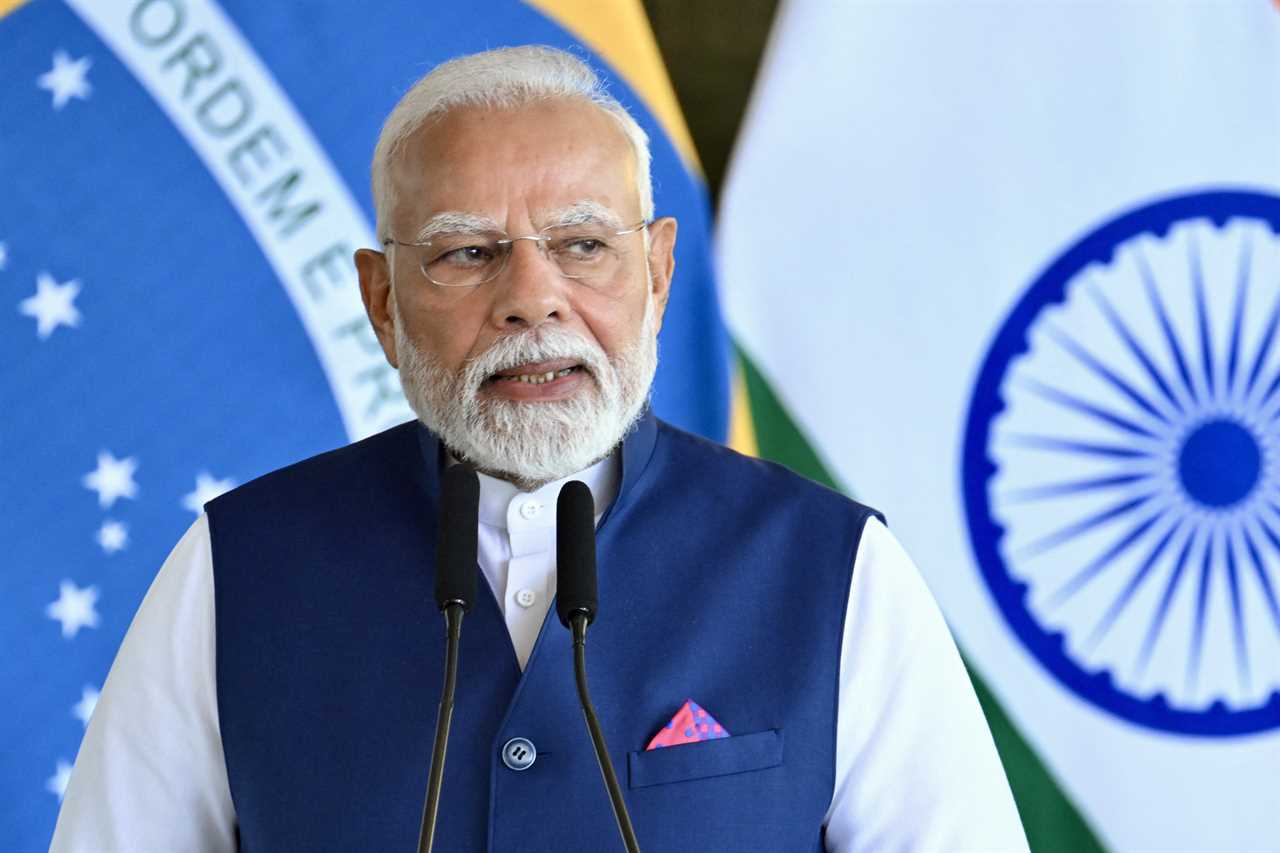
The recently signed UK-India trade deal is projected to inject £4.8 billion annually into Britain's economy, marking a significant milestone in post-Brexit trade relations. However, as this agreement unfolds, a cloud of uncertainty looms over Rachel Reeves, shadowing the impending Budget decisions.
Shifting Trade Dynamics: Impact on Economy and Migration
This trade pact, long-awaited and now materializing under the leadership of Sir Keir Starmer and Narendra Modi, promises to dismantle tariff barriers and foster economic growth. Notably, it includes provisions exempting Indian temporary workers in the UK from National Insurance contributions, reciprocated for British citizens working in India. Despite these advances, concerns about net migration remain a focal point, reflecting broader anxieties surrounding trade agreements and demographic shifts.
Economic Projections and Fiscal Implications
With average Indian tariffs on UK exports set to plummet and lucrative reductions in duties for industries like whisky production, the economic landscape stands to be reshaped significantly. Forecasts from the Trade Department anticipate substantial gains, with projections of increased GDP, boosted wages, and enhanced tax revenues painting a rosy picture for the UK economy. However, the timing of these benefits vis-à-vis the Budget remains a critical consideration, casting a shadow over immediate fiscal planning.
Political Challenges for Rachel Reeves
As Rachel Reeves navigates a complex web of economic challenges, including recent policy reversals and inflationary pressures, the urgent need to stimulate growth to avert further tax increases underscores the delicate balance of economic stewardship. The trade deal's potential long-term benefits may offer a glimmer of hope amidst fiscal uncertainties, but the immediate fiscal crunch demands deft political manoeuvring.

Broader Context: Brexit, Trade Autonomy, and Regulatory Realities
Against the backdrop of Brexit-driven ambitions for global trade autonomy, the UK-India agreement emerges as a testament to the evolving post-Brexit landscape. Shadow Business Secretary Andrew Griffith's praise for Brexit enabling independent trade negotiations reflects the ongoing debate over regulatory sovereignty and economic policy alignment. The delicate dance between regulatory freedom and economic pragmatism continues to shape Britain's trade strategy amidst shifting political tides.
In conclusion, while the UK-India trade deal offers a promising economic lifeline, its nuances and broader implications underscore the intricate interplay of politics, economics, and policy choices. As Britain charts its post-Brexit trajectory, navigating the complexities of global trade relations demands a judicious blend of foresight, adaptability, and strategic foresight to steer through the choppy waters of economic uncertainty.
Did you miss our previous article...
https://trendinginthenews.com/uk-politics/landmark-icj-decision-opens-door-to-climate-reparations-between-nations






